Angus Taylor goes to battle with Jim Chalmers over budget bulge as Coalition demands contraction
The Coalition will demand Jim Chalmers cut spending to accelerate the nation’s fight against inflation, as unions say Labor should instead focus on jobs and bolstering wages.
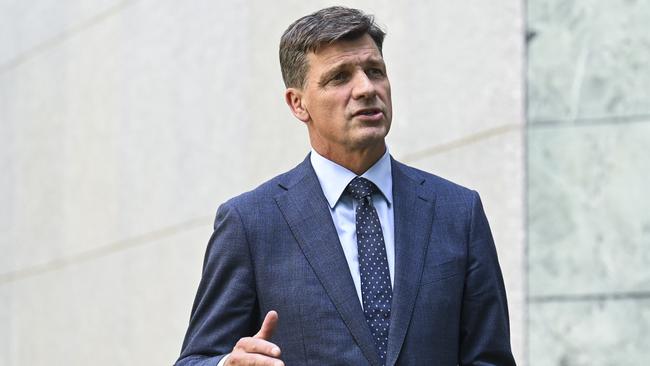
The Coalition will demand Jim Chalmers cut spending in the May budget to accelerate the nation’s fight against stubbornly high inflation, but trade unions say prices growth has peaked and Labor should instead focus on jobs and bolstering wages.
A battle over the Albanese government’s spending and growth agenda amid a housing crisis fuelled by high migration will now underpin the Coalition’s central election agenda as it seeks to establish five key tests for the Treasurer in the May budget.
Opposition Treasury spokesman Angus Taylor, accusing Labor of being distracted by “ideological crusades”, will also nominate lowering energy costs, driving increased productivity, small business support, and reinstating the Coalition’s stricter fiscal rules in the budget as key yardsticks for the government, with the primary goal of restoring living standards for Australian families.
With inflation numbers last week showing stronger than expected price rises, hopes of interest rate cuts this year have been put on hold, with some economists warning that rates may even be lifted.
Mr Taylor said a fundamental test of the budget would be the delivery of a “structural” surplus rather than a revenue windfall surplus.
But ACTU secretary Sally McManus said the budget should be focused less on inflation and more on job creation.
“Inflation is heading in the right direction and we’re in a much better position than we were a year ago. It’s vital the budget prioritises boosting wages and creating good-quality secure jobs for working families,” she said on Sunday.
Dr Chalmers last week began laying the groundwork for a revision of the government’s fiscal and economic strategy in the budget following a meeting of G20 finance ministers, central bankers and the International Monetary Fund which forecast weakening global growth.
Despite fears lingering about inflation, the Treasurer said the budget would have a deliberate focus on the growth problem facing similar economies around the world, flagging major government spending to drive investment.
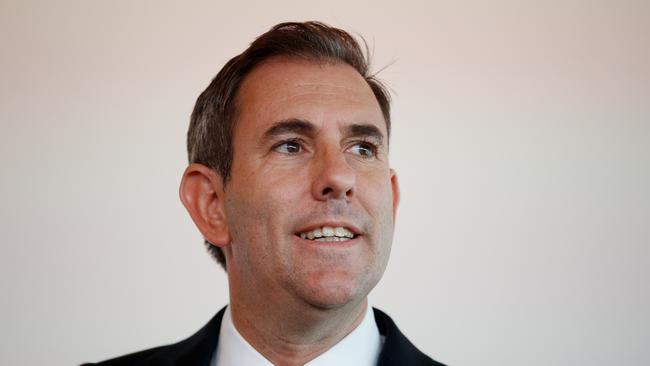
Mr Taylor has warned, however, that the most recent inflation data suggested that the government was hitting the growth button too soon, and that restraint was needed in the budget to keep driving down inflation.
Mr Taylor and opposition finance spokeswoman Jane Hume will on Monday begin a Coalition campaign against increased budget spending, claiming that family finances have been “smashed” through higher prices, taxes and mortgage repayments since Labor was elected.
With Australia in a GDP per capita recession, living standards have fallen by more than 7 per cent, wiping thousands of dollars a year from the average household.
Mr Taylor cited record business insolvencies, crippling energy costs and Labor’s industrial relations laws as priority policy issues for the Coalition.
He also flagged a key election battle would be fought over the housing and rental crisis fuelled by unprecedented net migration levels.
“Australians deserve a government that’s focused on practical measures to tackle these problems,” Mr Taylor said. “We need a back-to-basics economic agenda, not ideological crusades.
“Under Labor, hardworking Australians have been hit by higher prices, higher mortgage repayments and higher taxes. Labor keeps offering band-aid solutions – they need to tackle the source, not just the symptoms.
“Labor’s wasteful spending and failing policies have just made the situation worse. Australia needs an economic plan that restores our standard of living.
“The Prime Minister and Treasurer keep saying Australians have never had it better.
“They couldn’t be more out of touch.
“Bracket creep and commodity windfalls are delivering windfall surpluses, not structural ones.
“That isn’t fiscal responsibility and it is not good budget management. Labor is taking from family budgets to bolster its own.
“Australians deserve a government that manages the budget well to secure the prosperity of future generations.
“This requires growing the economy faster than government spending, while keeping a speed limit on taxes. Australians are not getting that under Labor.”
Senator Hume claimed that the government needed to demonstrate genuine fiscal restraint to deliver cost-of-living relief for Australians through a lower inflationary environment.
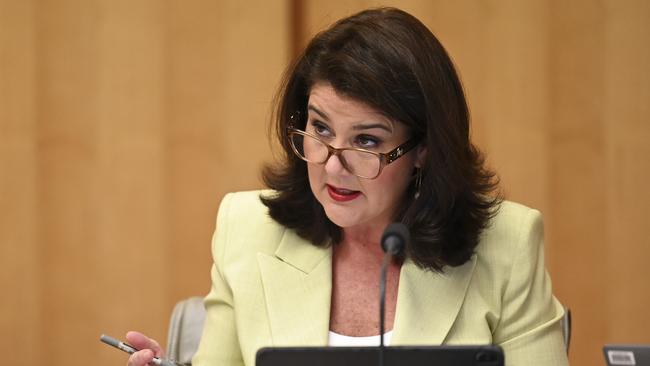
“Labor spent an additional $209bn in its first two budgets alone and, in spite of this, Australians are actually worse off than they were two years ago,” Senator Hume said.
“The only way for Labor to sustainably take pressure off Australian families and businesses is to get inflation under control, and the best way to do that is to rein in Labor’s limitless appetite to spend. Until we see a real economic plan from Labor to restore productivity, tame inflation and grow the economy, then Australians will continue to face an uncertain economic future.”
Social Services Minister Amanda Rishworth on Sunday said the government was still finalising its cost-of-living measures for the budget. When asked whether Labor was considering a further lift in commonwealth rent assistance, Ms Rishworth said Labor had already lifted it to 30-year highs.
“Now, we know that is not the silver bullet to rental stress, but it has had not only a positive impact for the million people that do actually access it, but it had a role in moderating the increases in rents that would have occurred if it hadn’t been for our rent assistance,” Ms Rishworth told Sky News on Sunday.
“This is also the case when it comes to energy relief and childcare support.
“So we will, of course, look at all cost-of-living measures.
“But when it comes to rental stress, the other key element of this is supply and the commonwealth has taken a lead in putting $25bn into areas that help with supply of more housing in this country.”

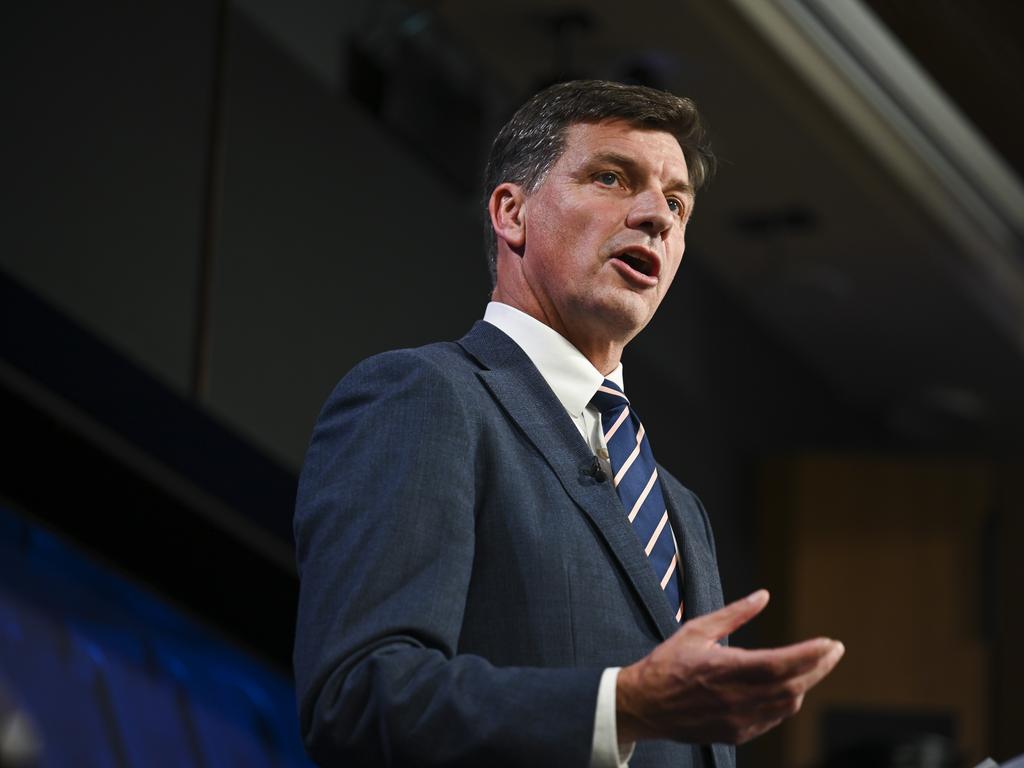
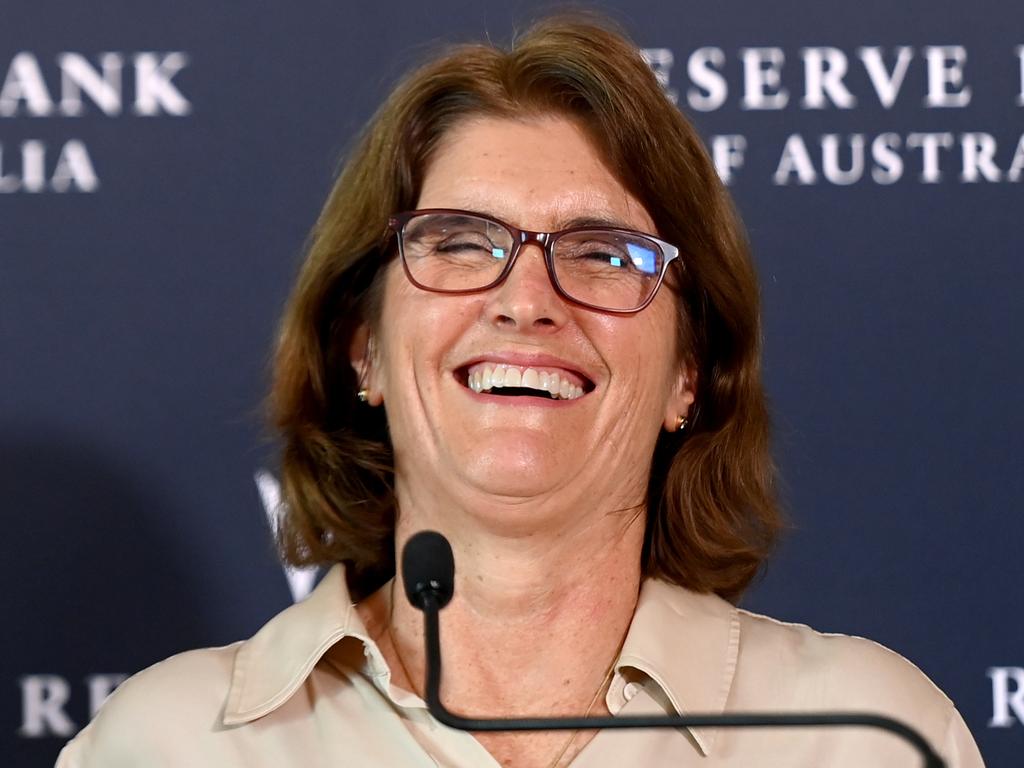
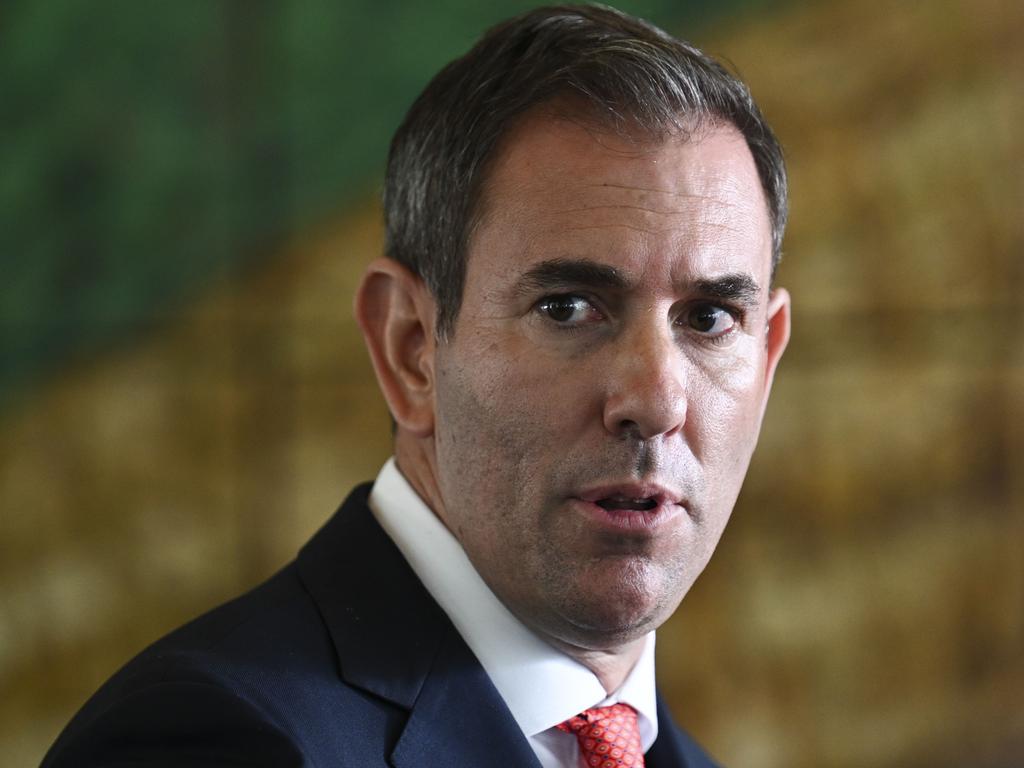
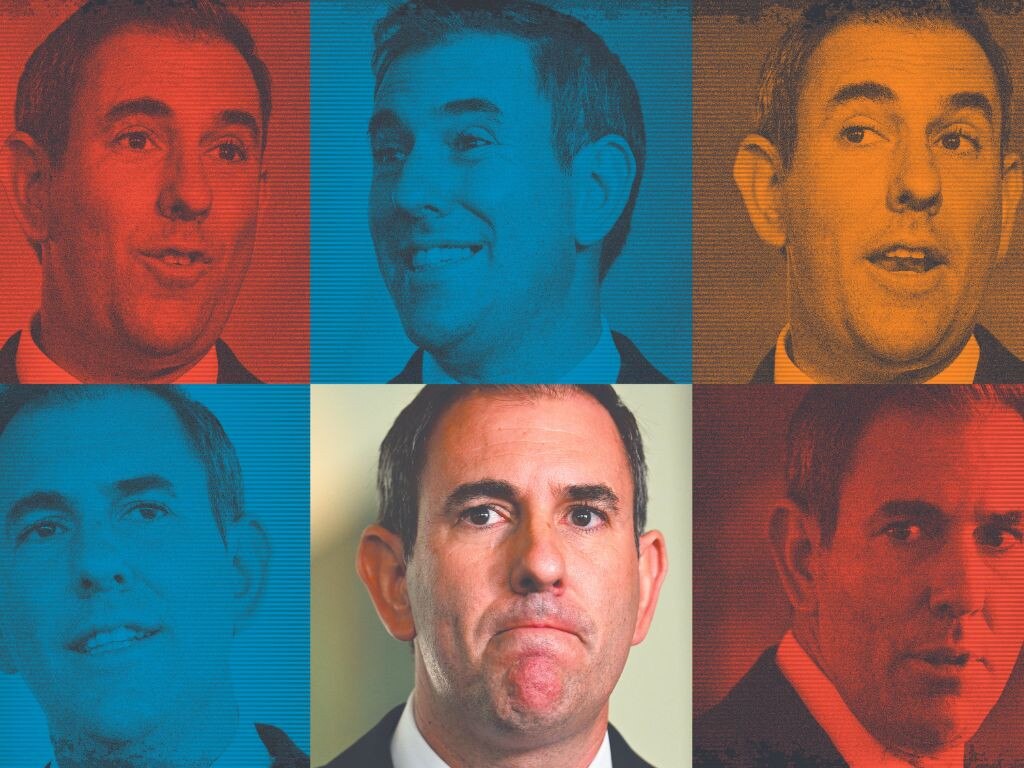


To join the conversation, please log in. Don't have an account? Register
Join the conversation, you are commenting as Logout